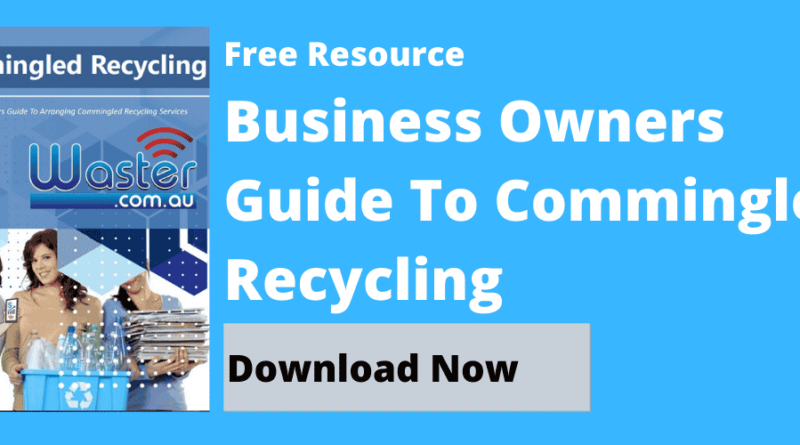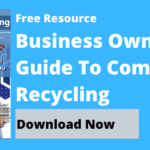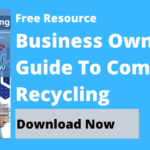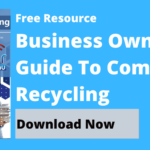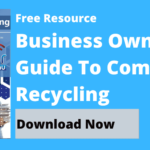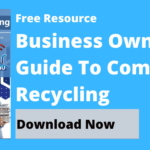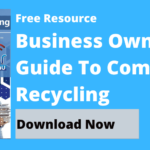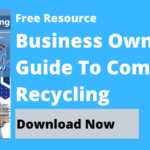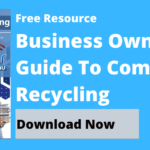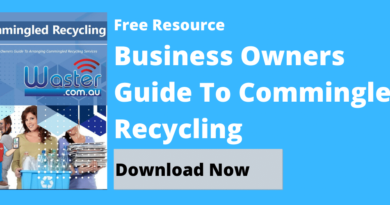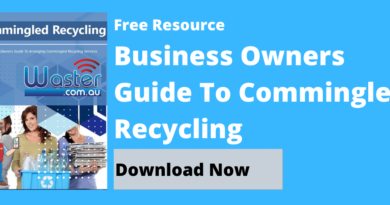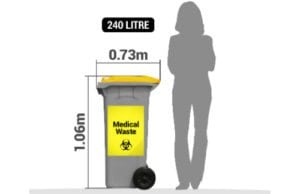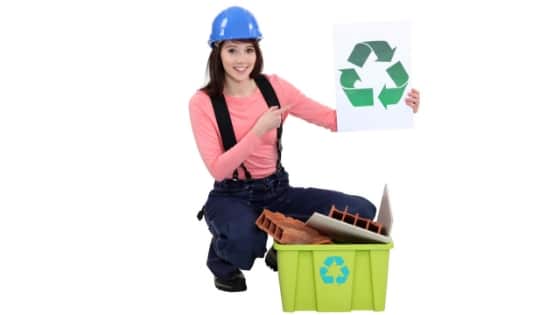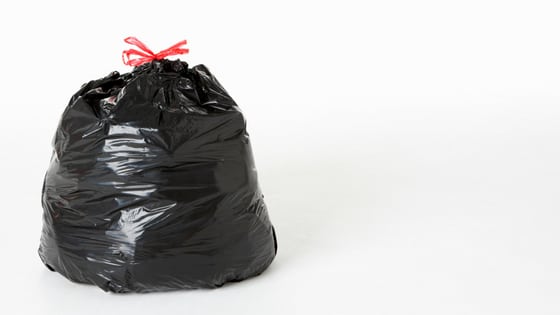Aluminium Recycling Rates | Is It True Australia Recycles Zero Aluminium? ♻️ Podcast Ep. 46 Don’t Be A Waster
Energy Disrupter
Aluminium Recycling Rates: Podcast Ep. 46 Don’t Be A Waster ♻️
Listen on Apple Podcasts Listen on Spotify Listen on Google Podcasts Listen on Stitcher Listen on Amazon Music
Transcript: Aluminium Recycling Rates
Aluminium Recycling Rates ♻️: Hello and welcome back to your favorite podcast, all things recycling. That is recycle, Don’t be a Waster.
I have to start with a confession that we haven’t done a podcast in quite a long time. Fundamentally, the reason is we just got too busy. But I think, like starting a new year—so we’re starting 2025 today is the 9th of January 2025—with all good New Year’s resolutions, we intend to start and continue the way we intend to go on.
I think I would like to hope that we can produce quite a few interesting podcasts about recycling in Australia and globally and keep you updated about anything new, interesting, or exciting, or maybe even disappointing that we think you should be aware of.
I suppose the title of this podcast is: is it really true that Australia recycles no aluminum? That is a headline that I think is a little bit—it could be, what’s the saying, an attention grabber or clickbait almost—because to me, that sounds crazy when you say it.
Act 2: aluminium recycling rates
Aluminium—my understanding about aluminium is it’s incredibly easy to recycle. It’s almost the most recyclable product out there, and the economic and environmental benefits of recycling it are massive. Of course, aluminium is ubiquitous in modern life, from aluminium drinks cans to solar panels to car manufacturing. It’s pretty much in everything, and the idea that we’re not recycling any—that can’t be true, can it?
I’m on a website today that I stumbled upon called aluminum.org, which looks to be the Australian Aluminium Council, which looks to be an industry lobby group really to mining, etc. And of course, in Australia, mining is huge business.
Some of the facts from this website: that 75% of aluminium that has ever been produced is still in use today, and it can be recycled again and again almost without compromising any of its unique qualities. This is what differentiates it from things such as cardboard or plastic, which do weaken over time.
Apparently, there’s been 1.5 billion tons produced to date, and 75% of that we estimate is still in production. Recycling it, as I mentioned, is massively beneficial, and recycling aluminium saves circa 95% of the energy that it would take to make primary aluminium.
Act 3: aluminium recycling rates
A bit of a background on that: you dig up a product called bauxite, which is very common in Australia, you smelt it, and then you create nice shiny aluminium. Something called the recycling efficiency ratio, which I’ll be honest I’ve never heard about, is currently 76%, and this defines how efficiently it is recycled throughout the value chain. So again, this indicates that it should be recycled; we should recycle it, and it makes perfect sense.
My understanding also is that Australia spends circa 10% of our total electricity—not just industrial but all electricity—on smelting bauxite. So that gives you a real indication as to how big an industry it is and how important it is. It is internationally traded, of course, because it’s generally reasonably non-corrosive.
Don’t jump on me in that; my science knowledge is not that great. But the interesting part is that apparently none is currently recycled in Australia. So despite all this, the huge volumes of it, the article goes on to say that despite having an integrated primary aluminium sector, i.e., mining and production, the closure of Australia’s car industry circa about 10 years ago—we all remember Holden and Ford, hard to believe that’s part of history now—that was accompanied by a closure in two aluminium rolling mills, which also provided remelt capabilities.
Thus, Australia completely lost this manufacturing capability. This basically means that they cannot accept—the current smelters we have cannot accept—general contaminated scrap. They can only take clean raw material.
Act 4: aluminium recycling rates
So the specialist recyclers that we have in Australia, from both industrial and of course, drink schemes where you put your—in your co-mingled bin every week, you put in your cans—none of that actually is recycled onshore. I am very surprised to see this, but it is all basically shipped offshore to be recycled in third parties in foreign countries.
The best we can offer, I think, in Australia, there’s a program that was in 2022 that would be a partnership to remelt 550 tons of pre-consumer scrap. Pre-consumer scrap is more industrial. That’s material that arises during the manufacture and fabrication of aluminium products. So that’s not even stuff that the average listener would be truly aware of.
I suppose this is very surprising. You think about the sheer—you know, we’re producing huge amounts of new aluminium in Australia. We’re spending a lot of energy producing it, and we’re then exporting huge amounts of perfectly viable scrap overseas. So isn’t that an easy win? Wouldn’t that be something that we should be putting money into through our waste levies and through our recycling programs and governments? Wouldn’t it make a lot of sense to, rather than pack the stuff up and spend good money shipping it overseas so other people can benefit from cheap aluminium, wouldn’t that help our own native industries and development?
Maybe I’m not supposed to ask the innocent or obvious questions. So I think, again, it really highlights how, in Australia, we pay a lot of lip service to recycling. I don’t like to use the term greenwashing, but we all like—we are focused on recycling.
Act 5: aluminium recycling rates
I’m always very keen not to put aluminium cans in the general waste because I know how valuable it is. I know the environmental benefits of recycling it. But should we really be exporting that all overseas, and then obviously, we have to make new aluminum for whatever we want to produce?
I think that’s very interesting. I’ll put the article in the notes on your favorite podcast player, etc. And yeah, I think the more awareness we can raise about these things, the more that we can maybe push for change. And if you are speaking to politicians or someone of that level of responsibility, and maybe who can get things done, maybe you raise this. When we’re talking about the environment, should we not be recycling onshore?
Australia is a big enough country, with 25 million people and big cities. I find it hard to believe that we can’t be recycling our own scrap metal.
I’ll leave it there today. Thanks for listening, and Happy New Year 2025. So remember: recycle, don’t be a waster.


